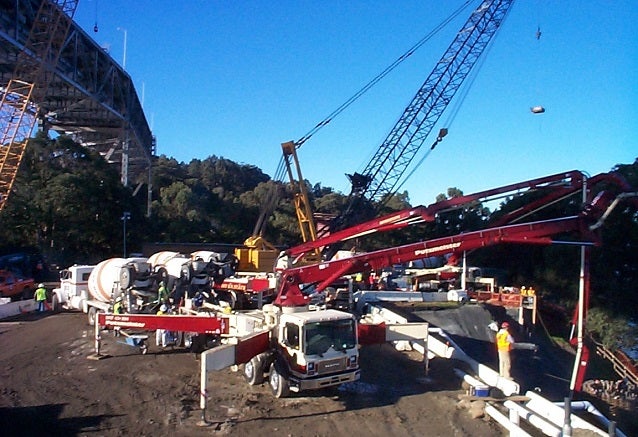Uncategorized
Report is Latest Example of Nation’s Infrastructure Mess

The condition of many bridges in this country is not good. And a new study shows little is being done to improve it going forward.
The American Road & Transportation Builders Association (ARTBA) last week released its annual report on the state of America’s bridges. It shows that slightly more than 47,000 of the nation’s 616,000 spans were rated structurally deficient and are in need of urgent repairs. It also showed that the pace of repairs fell last year, resulting in only a 1 percent reduction of deficient bridges.
It’s a continuation of trend that began five years ago, when the pace of bridge improvements began to slow down. Incredibly, at this point, it would take more than 80 years to make the significant repairs that are needed to these structures.
Motorists’ safety is at risk. Drivers are crossing these deficient bridges 178 million times a day. The average age of the country’s most ailing spans is 62, compared to 40 for those not deemed deficient. Such aging infrastructure not only jeopardizes lives, but threatens the efficient transport of commerce.
In all, there are 235,000 bridges in this country that are in need of at least some repairs, which is 38 percent of all spans in the U.S. A third of interstate highway bridges fall under that category. ARTBA puts the repair price tag at $171 billion.
Some the nation’s most iconic bridges are among those rated as structurally deficient, including the Brooklyn Bridge in New York City; the Memorial Bridge connecting Washington, D.C. to Arlington, Va. near the Lincoln Memorial; the San Mateo-Hayward bridge crossing the San Francisco Bay; and the Robert S. Maestri Bridge over Lake Pontchartrain in Louisiana, among others.
The states with the most structurally deficient bridges, as a percentage of total bridges in the state, are Rhode Island (23 percent), West Virginia (19.8 percent), Iowa (19.3 percent), South Dakota (16.7 percent) and Pennsylvania (16.5 percent).
There is a huge need for this nation to invest in improving not just bridges, but all its transportation networks. The Teamsters for years have urged Congress to take a bipartisan approach to increasing infrastructure investment. These numbers brought to light by ARTBA underscore why there is no time to waste.
There was a time when this wasn’t a partisan issue. But government is broken. Partisan bickering has replaced finding solutions. That’s why it’s essential for the Teamsters and like-minded allies to join together and push this message with lawmakers, colleagues, friends and family. Let’s make it happen!